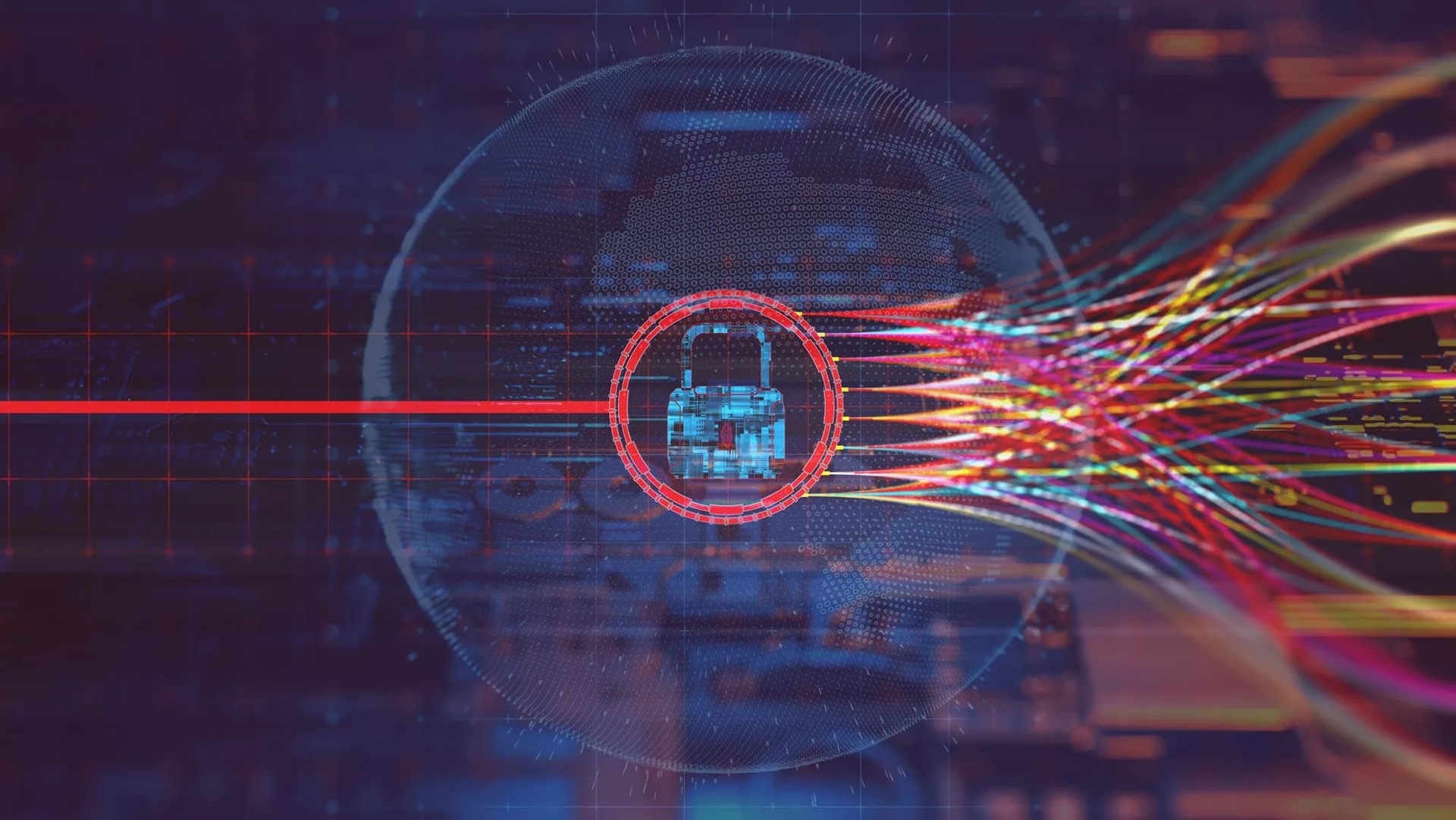
Online Security & Privacy
At Bank OZK, protecting your information and assets is top priority. As fraud schemes evolve and become more sophisticated, the best way to be safe is to stay informed about the current trends.

Bank Safely Online
Here are some proactive tips for keeping your bank account safe:
- Don’t leave personal items like your wallet or purse in your car.
- Don’t leave outgoing mail in your mailbox with the flag up. It is a notice to thieves that you may have checks in your mailbox.
- Don’t write down PIN’s or logins. Memorize them.
- Put a password on your account that only you know.
- Use caution with public unsecured Wi-Fi. Criminals may be waiting to access your device.
- Notify your bank as soon as you think your identity may have been compromised.

Online Banking Security
Bank OZK’s online banking systems bring together a combination of industry proven security technologies to protect data for the bank and for you, our customer. Some of these features include transmission security, which addresses the need to keep unauthorized agents from intercepting and/or deciphering the transmission of customers’ encrypted data while it travels between the customer’s computer and the Bank OZK (“Bank”) server environment and various other state of the art security technologies working behind the scenes to help insure your data remains safe.
“End user” will be used to signify an authorized customer using software for the benevolent purposes it was intended and “agent” will be used to signify a person whose goal it is to exploit a software application for some negative end.
THREE STRIKES AND YOU’RE OUT!
If an agent attempts unauthorized entry into a customer’s account by trying to guess a Login ID and password, the customer’s Bank OZK Online Banking account will be disabled on the third incorrect login attempt, thus invalidating the Login combination. The disabling and/or destruction of the password keeps an unauthorized agent from running a brute force attack, which uses an application that will run through millions of possible passwords eliminating the invalid ones until it arrives at a match. In this scenario, to guard against unauthorized use of a customer’s Login ID and password, Bank OZK Online Banking system disables the password indefinitely until the customer calls the Bank and requests the associated Login ID and password to be reset, or the customer clicks the “receive a new password” link to have a temporary password sent to the email address on file with the Bank. A customer will also trigger this security feature by unintentionally misskeying a password three times. In this situation the customer will need to call the Bank to reestablish the password for the locked account(s). For example, a common mistake made by end users is having the caps-lock on while keying in a password. Since the password is case sensitive and an end user cannot actually see the characters being typed, it is easy to think the password is being typed correctly when the caps-lock is engaged.
SUGGESTIONS FOR PASSWORDS
A password and Login ID provide security against unauthorized entry and access to customers’ accounts. Passwords should not be easy to guess; for example, children’s or pet’s names, birth dates, addresses or other easily recognized identifications should be avoided. Combining cases (utilizing upper and lower case) within your password as well as combining alpha, numeric, and special characters is a good security precaution in selecting a password.
TRANSMISSION SECURITY
End-users must use later versions of Mozilla Firefox, Safari, Google Chrome and Microsoft Edge to access the Bank’s Online Banking application. The later versions come equipped with Netscape developed encryption technology known as Secure Sockets Layer, commonly referred to as SSL. SSL’s specific function is to manipulate data into an unreadable format as it leaves the end user’s computer. The temporary scrambling of data in transit is referred to as ‘encryption.’ In the unlikely case that an agent should intercept the data in transit, the encryption makes the data unreadable to a human. Furthermore, data in transit is split up into packets that travel separately and are not reorganized until they filter through the Bank's router and firewall. The Bank also uses multiple measures to ensure data is encrypted and subsequently decrypted in a secure fashion. The use of electronic keys that lock data as it is transmitted and unlock the data once received and passed successfully through the Bank’s firewalls is just one example.
Public email is not always a secure process, as data is not always encrypted as it travels over the public Internet, and it can be intercepted by third parties. Please be careful not to provide information in a single message that would allow an agent to log onto your account. Full account numbers should not be included in an email. If an account must be referenced, reference it by only the last four digits. We will never call, text, or email you and ask for your access code, password, PIN, or confidential information. Be cautious of urgent messages designed to pressure you. If you suspect fraud, call us immediately at 1-800-274-4482.

Identity Theft
More than 27 million Americans have experienced identity theft, and that number is growing every year. Just as your home, automobile or personal safety can be at risk from criminals, so can your financial information. Bank OZK has substantial security measures in place to protect your identity and accounts.
Our Online Banking System uses an Internet server completely separate from the Bank's mainframe computer. The Online Banking System also uses the latest industry technology including password-controlled entry, secure sockets layer (SSL) protocol, data encryption, public-private key pair, firewalls and filtering routers. Each component acts as a secure layer of protection to safeguard all data.
Tips to protect yourself against identity theft:
- Do not share personal information. Never give your passwords, PIN, checking account and credit card numbers or Social Security number to anyone unless you know the person or the organization. We will never call, text, or email you and ask for your access code, password, PIN, or confidential information. Be cautious of urgent messages designed to pressure you. If you suspect fraud, call us immediately at 1-800-274-4482.
- Shred financial solicitations, bank statements or other papers containing personal information before disposing of them.
- Put outgoing mail into a secure, official Postal Service collection box.
- If you stop receiving your bills, call the companies generating the bills to find out why.
- Carefully review all account statements and investigate immediately if your bills include questionable items or charges.
- At least once a year, contact the major credit reporting companies to review your credit report and make certain the information is correct.
Have you been the victim of Identity Theft? Contact the credit reporting companies below to review your credit report and place a credit freeze on your accounts. This will help prevent further losses.
For more information, including steps to take if you become a victim of identity theft, visit the Federal Trade Commission's website at www.identitytheft.gov.
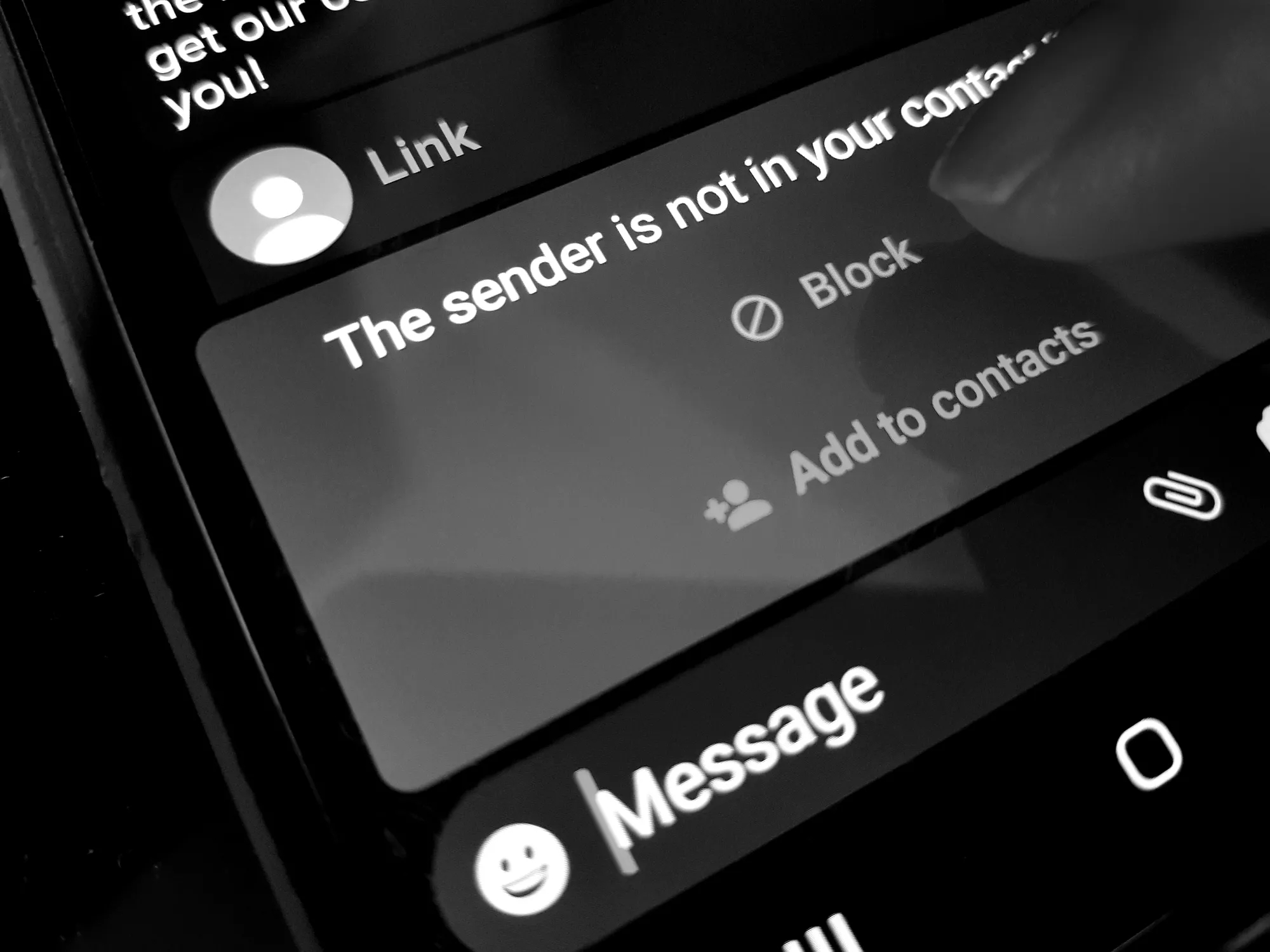
Spoofing (Email, Voice, & Text Impersonation Scams)
Every day there are people attempting to identify themselves as companies to gather personal information by spoofing customers. Spoofing is when someone takes on the identity of another person to gain access to financial information, but often, those same spoofers take on the identity of companies to first get your personal information.
Spoofers will try to present themselves as Bank OZK through imitating emails, phone numbers, and even text messages. Often, they will contact you with urgency requesting login information or demanding a call to verify account information claiming to be Bank OZK by using a familiar number. Best practice to avoid spoofing:
- Never click links through unsolicited text messages and only use the verified Bank OZK banking app.
- Know that numbers can be spoofed to be presented as Bank OZK.
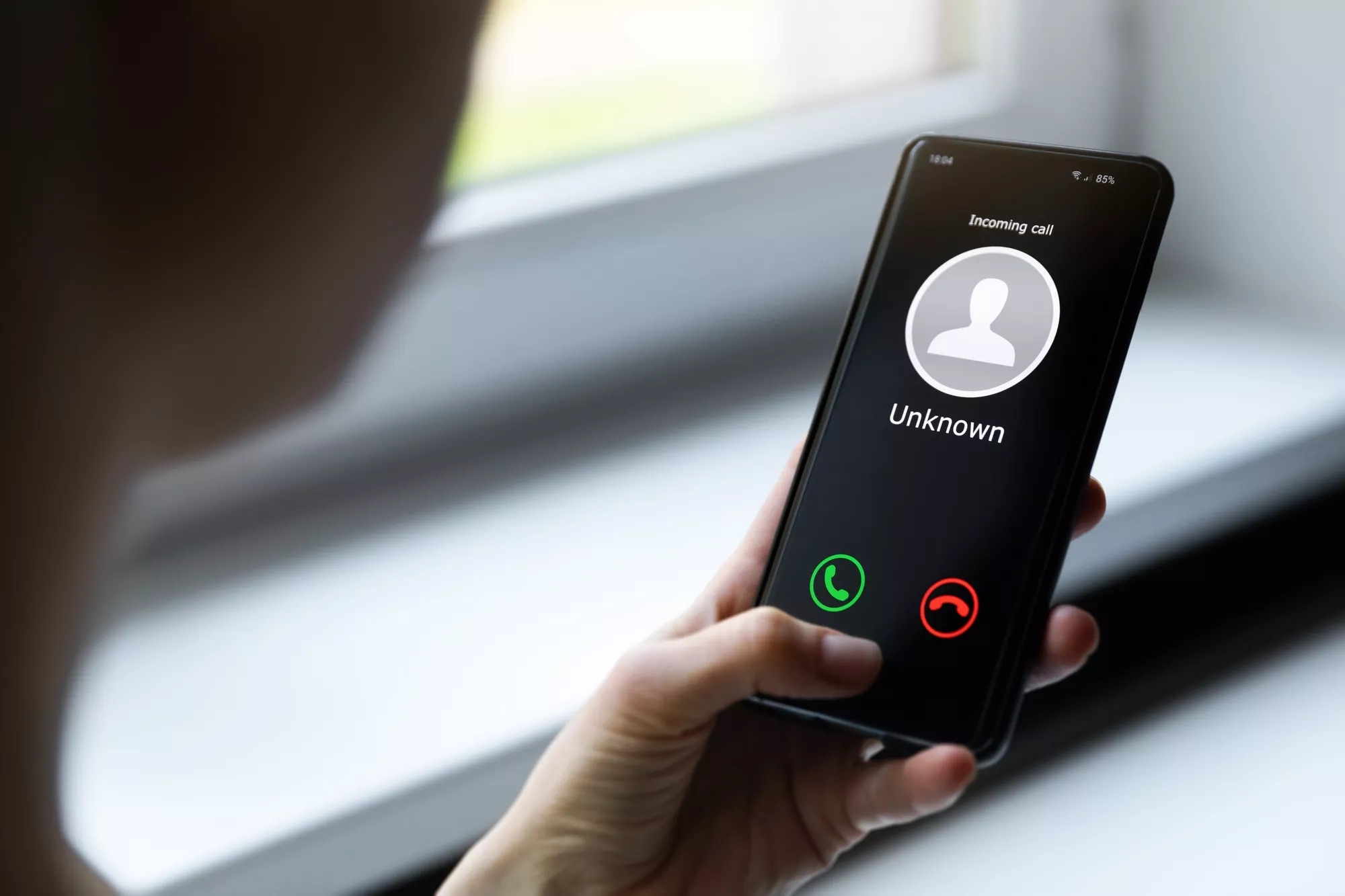
Phishing, Vishing, & Smishing (Social Engineering Using Email, Voice & Text)
These days, clever fraudsters scour the digital world with one goal in mind: to swipe your money and personal info. How do they do it? With deceptive strategies like phishing, vishing, and smishing. Cybercriminals use these scams to impersonate trusted organizations, including financial institutions. Plus, they may dig up personal info online beforehand to appear credible.
- Phishing (pronounced 'fishing') is an email scam employed by cybercriminals to trick you into providing them with personal information that could be used to steal your identity. It's never a good idea to click a link or open an email attachment you did not request (or from an unknown sender).
- Vishing (Voice Phishing) is a type of scam that uses the phone to impersonate a legitimate business (or financial institution). In a vishing attack, cybercriminals attempt to urgently persuade victims to provide personal information, typically with one goal: accessing your bank accounts.
- Smishing (SMS Phishing) is a cyberattack carried out over text message. Scammers want the victim to open a fraudulent link within an unsolicited text message, which leads to a deceptive tool (website or app) prompting them to disclose their personal data. These schemes are often successful as most people use their smartphones on the go, typically distracted or in a hurry.
We will never call, text, or email you and ask for your access code, password, PIN, or confidential information. Be cautious of urgent messages designed to pressure you. If you suspect fraud, call us immediately at 1-800-274-4482.

Email Fraud
Businesses are common criminal targets. In many cases, fraudsters target employees with access to company finances and con them via email into making wire transfers into accounts that look like they belong to the company or a trusted partner, but are actually controlled by the criminal.
Techniques used to perpetuate this crime include spear-phishing, social engineering, identity theft, email spoofing, and use of malware.
Follow these best practices to help protect your business:
- Protect your computer network to prevent intrusion
- Verify email changes in wiring instructions by phone
- Verify new email requests for wires by phone
- Provide training to employees on how to protect company-issued computers and cell phones
Businesses who fall victim to a wire fraud loss from a compromised email request can file a complaint with the FBI at https://www.ic3.gov.

Check Fraud
There are many different ways to commit check fraud, but one of the most common is when criminals use forged checks to purchase merchandise or services. In some cases, victims are instructed to deposit fake checks and send a portion of the funds to another person. After the funds are withdrawn, the check is returned leaving the victim at a financial loss.
Protect yourself by watching for the following red flags:
- The amount of payment for the item or task is inflated
- The issuer of the check is unknown to you
- You are asked to withdraw the funds quickly and send it to someone else
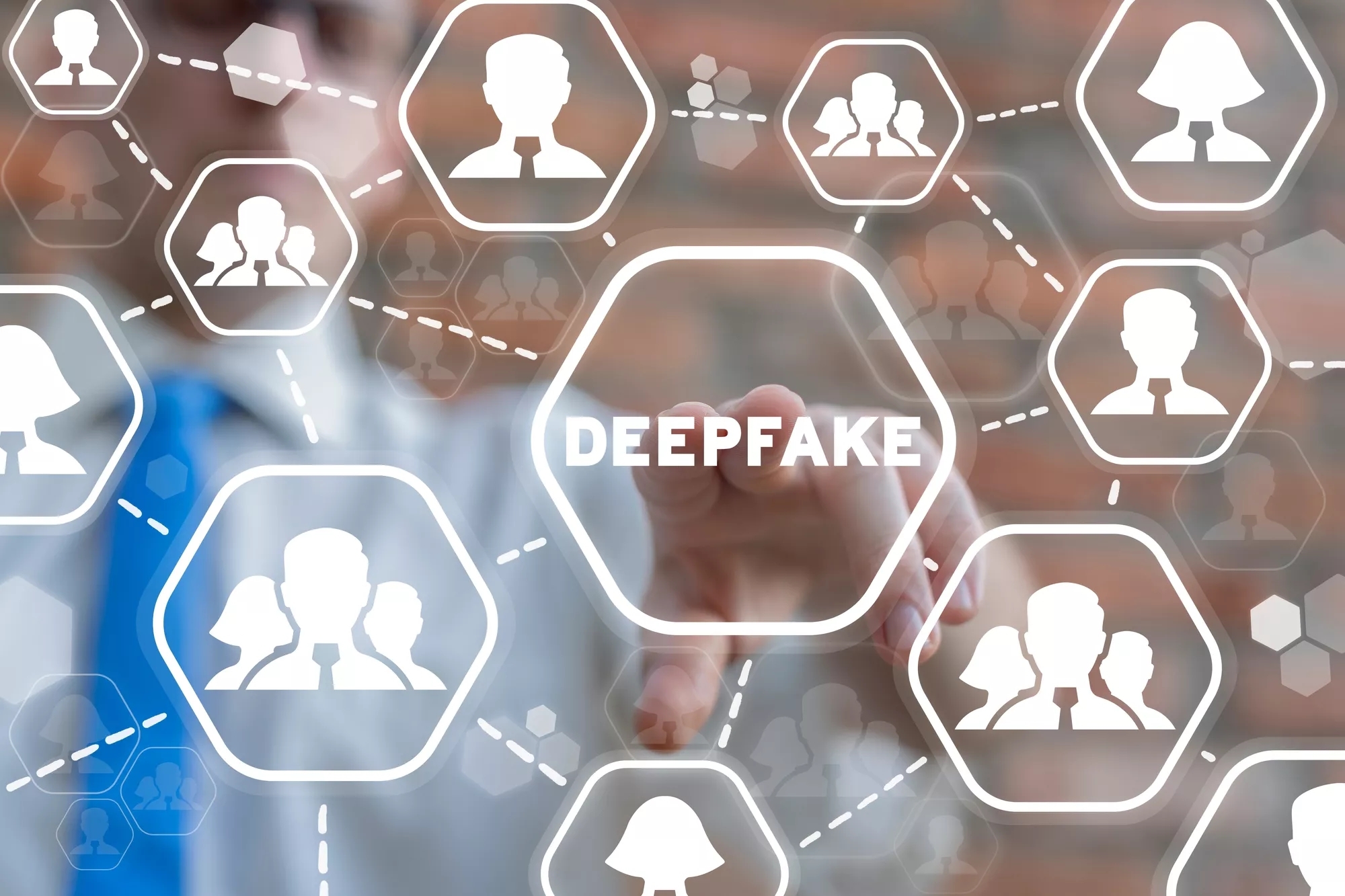
Deepfake AI (Manipulated Image/Video)
Deepfake AI (Artificial Intelligence) is false information presented in a formal format through social media to grab the attention of customers by using audio files and pictures that have been manipulated. This is a common practice but with new technology, cyber criminals are now able to digitally mirror information adding their twist to it.
With this technology, false information can be posted about Bank OZK to push customers away. The best way to protect yourself from acting on false information is to always verify through trusted Bank OZK channels. If you see information anywhere other than a verified Bank OZK site, contact your local branch or Bank OZK customer service department with any questions and concerns you may have.

Employment Scam
Some criminals create fake job opportunities and use the application process as a way of collecting personal information from victims. Other criminals go one step further in offering applicants jobs and then requesting the victim send funds to pay for supplies, credit reports, software, or equipment.
Both of these schemes are more common with online job applications and work-from-home opportunities.
Watch for the following red flags while job hunting:
- The pay for the job is higher than expected
- The job description and requirements are vague
- You are expected to send money to someone you don’t know
- You are not able to find information about the company in online searches
- They ask for your bank account information or login
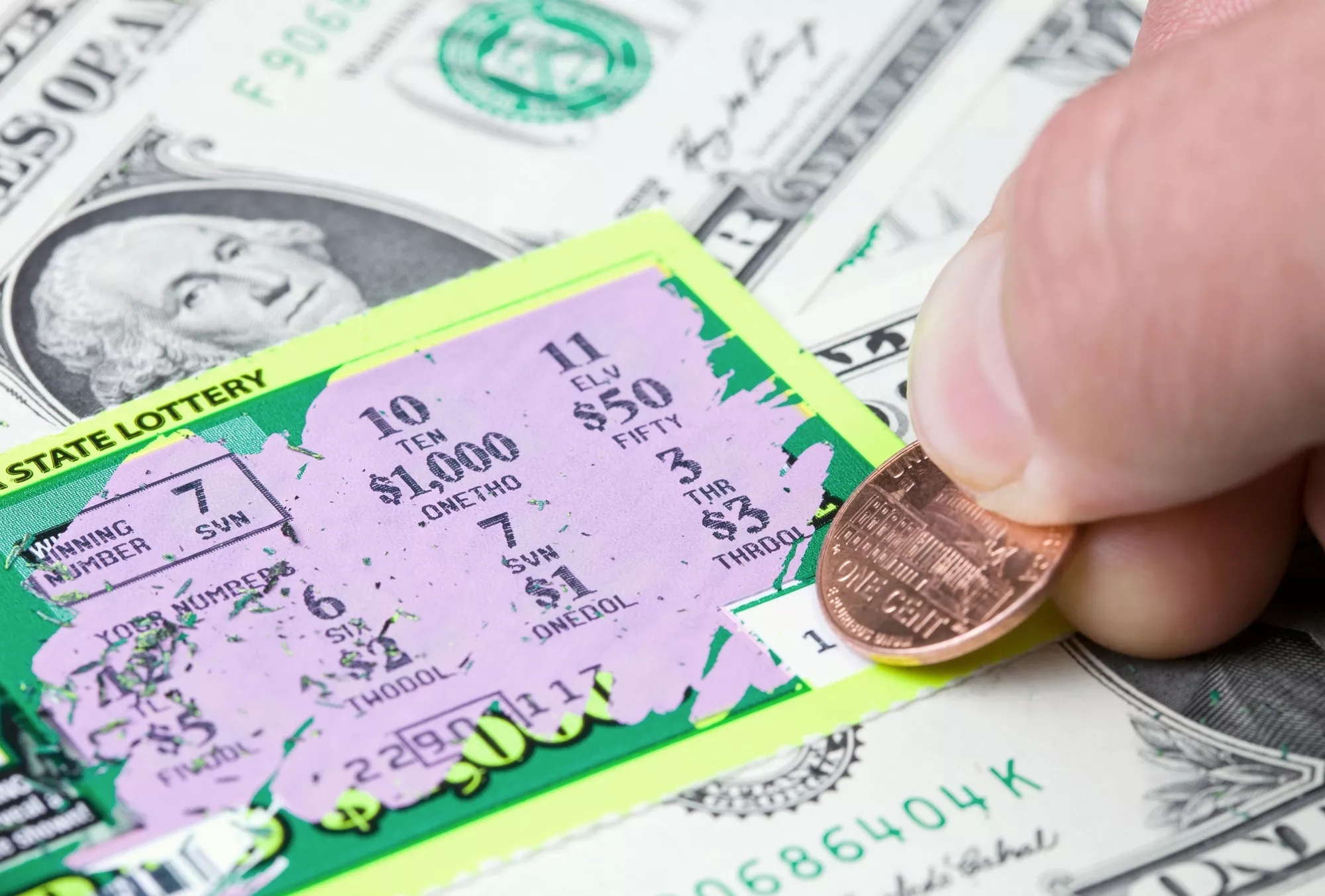
Lottery Scam
Criminals sometimes contact people by phone, email, or text congratulating them on winning a lottery, sweepstakes, or contest they did not enter. The message usually states that to receive the winnings you must first pay the taxes or another type of fee in advance. They then give instructions to mail or wire the payment to an individual.
If you find yourself in a winning situation, prevent it from becoming a losing one by being aware of the following:
- Taxes are typically deducted from lottery winnings, not paid up front
- Be extra cautious if you do not remember entering the lottery or contest
- Do not send funds to an unknown individual

Romance Scam
Criminals troll dating websites and social media for unsuspecting victims. They spend weeks, sometimes months, cultivating an online relationship and then begin making requests for assistance paying bills or helping relatives. Many times, victims become so invested in the relationship they are reluctant to believe it may be a scam.
Look for the following red flags before falling in love online:
- You have not met in person
- Attempts to meet are postponed
- The person is usually out of the country or can’t be reached
- They ask you to send funds to an unknown person
- The reason for the funds transfer does not make sense
Let Bank OZK know immediately if you have lost or stolen checks or cards; if you feel your user ID, password or account numbers have been compromised; or if you notice any unauthorized activity associated with any of your Bank OZK accounts. These situations should be reported by calling (800) 274-4482 (Monday-Friday 7 a.m. to 7 p.m. CT, Sat. 7 a.m. to 4 p.m. CT), contacting us via our website or stopping by your nearest branch.
The Bank OZK Online Security and Privacy resources are intended for general information and educational purposes only. They do not claim to be comprehensive, or to provide legal advice and should not be treated as a substitute for professional legal advice on individual cases on computer-related events
Let's Connect
Need assistance with something? Our Customer Care Team is available to help you Monday through Friday from 7am to 7pm CT and Saturday from 7am to 4pm CT.
By submitting this form, you agree to our privacy and terms.
Please do not enter any sensitive information such as SSN or account number in the form below.


